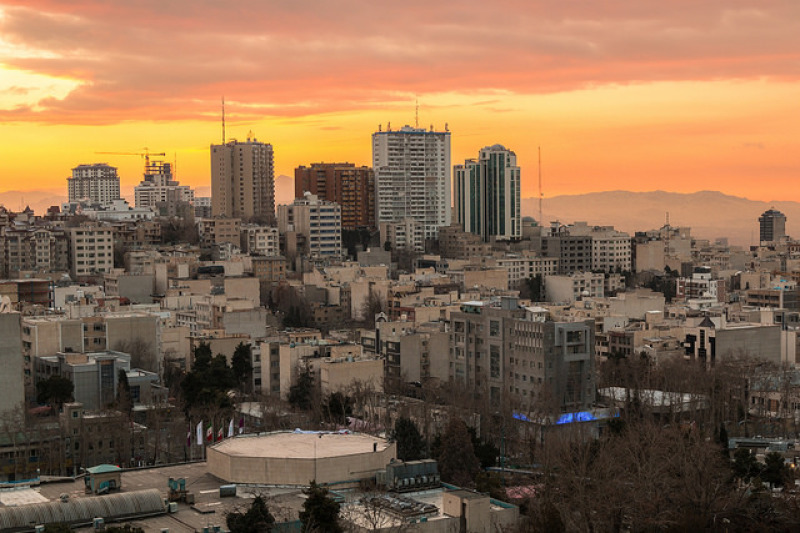
Christians in an Iranian city were prohibited to hold gatherings, both virtually and in person, a report reveals.
Authorities in Fardis of Iran's Alborz Province have ordered 11 Christian couples to sign agreements, stopping them from having meetings in any form in recent weeks, Article 18 News reported. When they refused, the agents of the nation's Ministry of Intelligence threatened the Christians with imprisonment and told them to leave the country.
The incident follows coordinated raids to a dozen Christian families in November last year. No arrests were made at the time, but many of their personal property were confiscated, such as laptops, Bibles, phones, Christian literature and other Christian materials. They are reportedly expecting to be summoned too.
Signing agreements like this are routinely demanded from Iranian Christians during interrogations. But this is the first occurrence wherein they were ordered to stop social engagements in all forms.
Though Christians are allowed to hold gatherings, they are required to secure permits to do so, whether gatherings are online or in person. This privilege is not extended to Christian converts, however, whom the government does not recognize as Christians but are regarded as "Zionist" cult members instead.
In addition, converts are not allowed to attend the recognized churches of the Armenian and Assyrian ethnic minorities. With this, they can only attend house-churches which are operating illegally. They are usually arrested and charged with "actions against national security." Currently, 15 Christians are facing such charges while two others are punished with internal exile. The Iranian government even labels the house churches as "enemy groups," in its response last month to the United Nations' investigation over the country's treatment of Christians.
The Parliament of Iran has been trying to pass a bill which would penalize "illegal" group members for online activities. But the Guardian Council has been requesting for its amendments and has sent it back twice.
The bill proposes additions to Islamic Penal Code's articles 499 and 500, relative to support and membership for groups that are considered "hostile" to the government. It would add extra wording to the articles, such as "propaganda contrary to Islam," whether in the "real or virtual sphere" and "deviant psychological manipulation" by "sects." The punishment would include flogging, imprisonment, fines and death penalty.
Hossein Ahmadiniaz, a human rights lawyer, shared his opinion about the proposal. He said that if it becomes a law, it would "facilitate the repression and punishment of Christian converts and others belonging to unrecognised religious groups."
"The law should protect citizens, including Christian converts and Baha'is, against the government. But in Iran the law has become a tool to justify the government's violent treatment of converts and other unrecognised minorities," the lawyer further stated.
According to Open Doors UK, Iran only has about 800,000 Christians, less than one percent of its 83.5 million population. It ranks as the eighth country in the world most dangerous for believers. Though Christians from Armenian and Assyrian communities are recognized by the government, they are forbidden to share the gospel, as well as speaking in Persian during worship services.

























